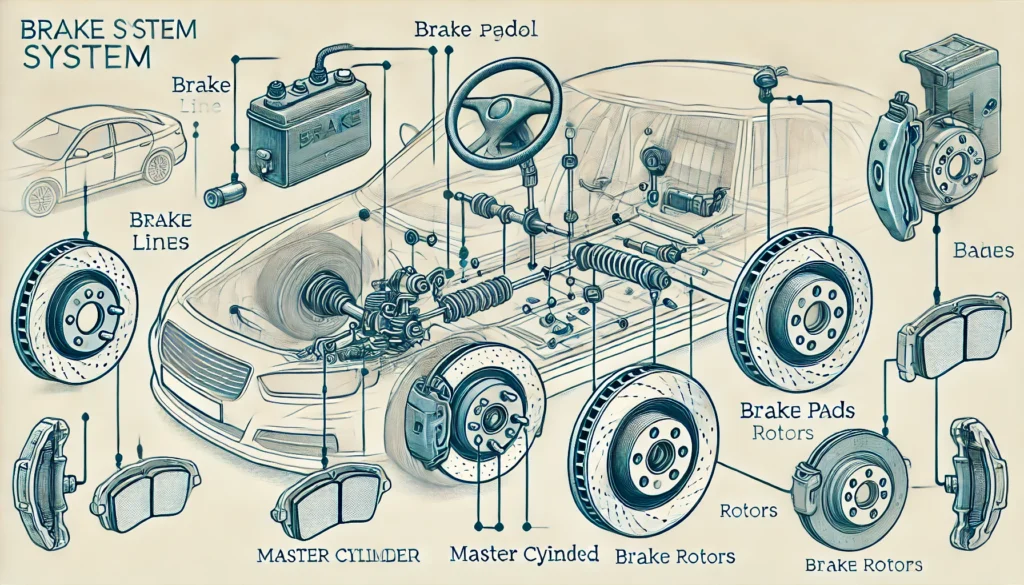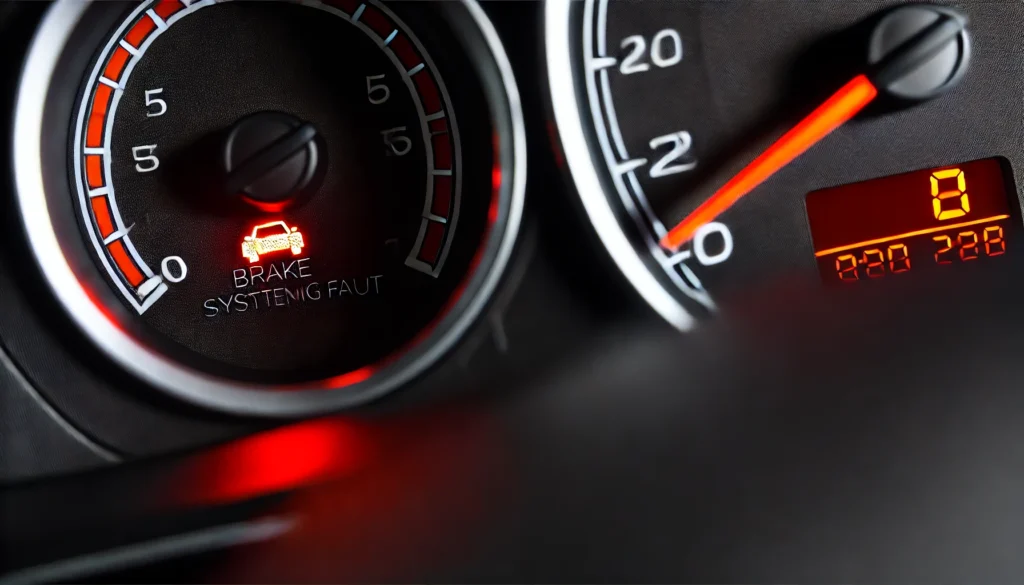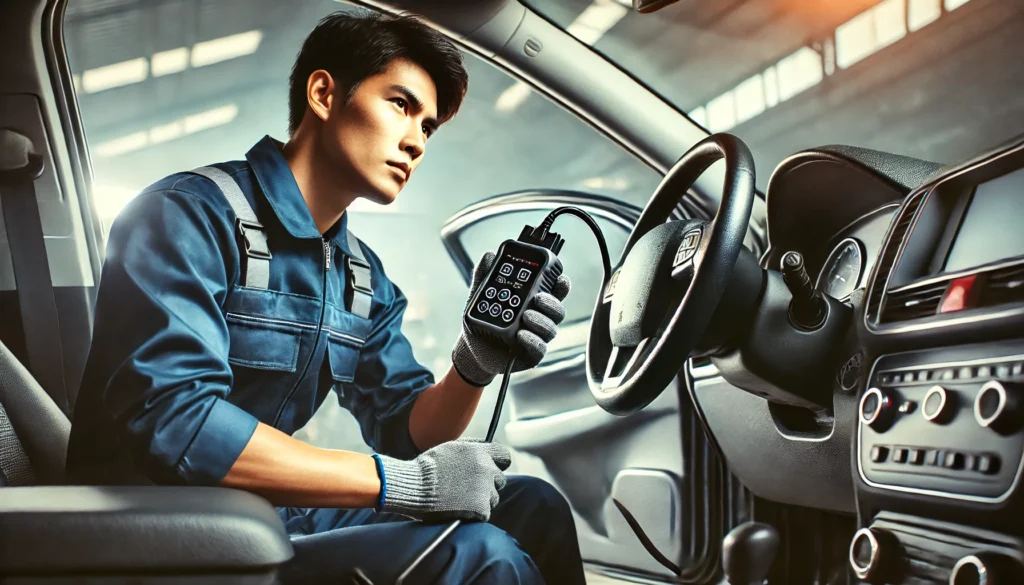The brake system is an essential component of any vehicle, ensuring safe and efficient stopping power. When a brake system fault occurs, indicated by the brake warning light on the dashboard, it raises concerns about vehicle safety and performance. One common question is whether a brake system fault can make the engine hard to start. Understanding the relationship between brake system faults and engine starting issues is crucial for effective vehicle maintenance and troubleshooting.
Understanding the Brake System
The brake system comprises several key components, including the brake pedal, master cylinder, brake lines, calipers, brake pads, and rotors. These parts work together to create the friction necessary to slow down and stop the vehicle effectively.

Impact of Brake System Faults on Engine Starting
- No Direct Impact on Engine Starting:
- Explanation: The brake system is designed to manage braking performance and does not directly interact with the engine’s starting system. Therefore, a brake system fault should not cause the engine to be hard to start.
- Scenario: A vehicle with a brake system fault can typically start the engine without any issues related to the brake system itself.
- Indirect Impact Through Electrical Issues:
- Explanation: While a brake system fault does not directly affect engine starting, electrical issues that cause brake faults could potentially affect other systems, including the starting system.
- Scenario: If there is a major electrical fault affecting the vehicle’s power supply, it could impact both the brake system and the engine starting process.

- Battery and Alternator Issues:
- Explanation: Problems with the battery or alternator can cause both brake system faults and engine starting issues.
- Scenario: A weak or failing battery might not provide sufficient power to start the engine and also trigger the brake warning light due to low voltage.
- Faulty Ground Connections:
- Explanation: Poor ground connections can cause various electrical issues in the vehicle, including brake system faults and engine starting problems.
- Scenario: Corroded or loose ground connections might lead to inconsistent electrical performance, affecting multiple systems in the vehicle.
Steps to Diagnose and Address Brake and Starting Issues
- Check Battery and Alternator:
- Steps: Test the battery and alternator to ensure they are providing adequate power. Replace the battery or alternator if necessary.
- Importance: Ensuring a reliable power supply can resolve both brake system faults and engine starting issues.
- Inspect Electrical Connections:
- Steps: Check all electrical connections, including ground connections, for signs of corrosion or looseness. Clean and secure any faulty connections.
- Importance: Good electrical connections are essential for the proper functioning of all vehicle systems.
- Use an OBD-II Scanner:
- Steps: Connect an OBD-II scanner to read error codes related to the brake and starting systems. These codes can help identify specific problems.
- Importance: Accurate diagnosis is key to addressing both brake system faults and starting issues effectively.

- Consult a Professional Mechanic:
- Steps: If you are unable to diagnose or repair the issues yourself, seek assistance from a certified mechanic. They have the expertise and tools to address complex problems.
- Importance: Professional diagnosis and repair ensure that the vehicle is safe and reliable.
Conclusion
A brake system fault does not directly make the engine hard to start. However, underlying electrical issues that cause brake system faults could potentially affect the engine starting process. Ensuring a reliable power supply and good electrical connections is crucial for maintaining the proper functioning of all vehicle systems. Regular maintenance and prompt attention to warning lights are essential for vehicle safety and performance.